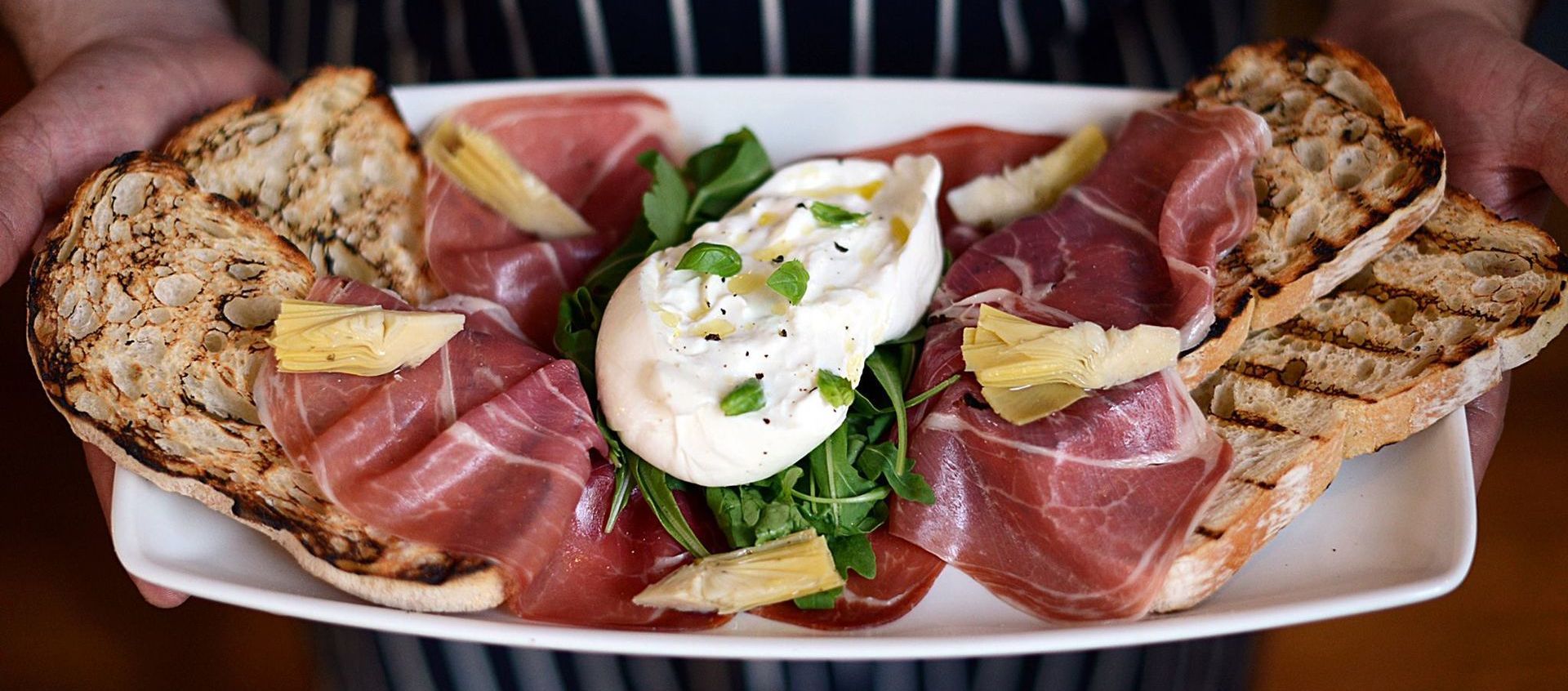Navigating Uncertainty: The Future of Hospitality in the UK
What does the future of Hospitality look like?

The culinary landscape of the United Kingdom has long been celebrated for its diversity, innovation, and rich culinary heritage. However, as we stand on the cusp of a new era shaped by shifting consumer preferences, technological advancements, and the lingering effects of the COVID-19 pandemic, the future of restaurants in the UK is both exciting and uncertain. In this blog post, we'll explore the key trends and challenges that are set to reshape the dining experience in the UK in the years ahead.
- Embracing Technology: Technology has emerged as a lifeline for restaurants since the pandemic, enabling them to connect with customers, streamline operations, and innovate in new ways. In the future, technology will play an even more significant role in enhancing the dining experience, from digital menus and online reservations to AI-powered kitchen management systems and virtual dining experiences. Embracing technology will not only improve efficiency but also enable restaurants to deliver personalised, seamless experiences that delight customers.
- Rise of Sustainable and Local Dining: With growing awareness of environmental and social issues, consumers are increasingly seeking out restaurants that prioritise sustainability, ethical sourcing, and support for local communities. In the UK, this trend is driving demand for farm-to-table dining experiences, plant-based menus, and initiatives to reduce food waste. Restaurants that embrace sustainable practices and champion local producers will resonate more strongly with environmentally conscious diners and differentiate themselves in a competitive market.
- Evolution of Dining Formats: The pandemic accelerated the evolution of dining formats, blurring the lines between traditional restaurant dining, takeaway, and delivery. In the future, we can expect to see a continued diversification of dining experiences, with the rise of ghost kitchens, pop-up restaurants, and communal dining concepts. Restaurants that embrace flexibility and creativity in their approach to dining formats will be better positioned to adapt to changing consumer preferences and market dynamics.
- Focus on Health and Wellness: The pandemic heightened awareness of the importance of health and wellness, leading consumers to prioritise nutritious, immunity-boosting foods and dining experiences that support their well-being. In response, restaurants in the UK are increasingly incorporating health-focused menu items, transparent ingredient sourcing, and nutritional information into their offerings. By catering to the growing demand for healthy dining options, restaurants can attract health-conscious customers and foster loyalty in an increasingly competitive landscape.
- Cultural Diversity and Culinary Innovation: The UK's vibrant multicultural landscape is reflected in its rich and diverse culinary scene, with restaurants showcasing flavours and influences from around the world. In the future, we can expect to see continued culinary innovation and experimentation as chefs draw inspiration from global cuisines and traditional cooking techniques. Restaurants that embrace cultural diversity and offer authentic, adventurous dining experiences will captivate diners seeking new tastes and experiences.
In conclusion, the future of restaurants in the UK is filled with both challenges and opportunities. By embracing technology, sustainability, flexibility, and culinary innovation, restaurants can navigate the evolving landscape and thrive in a post-pandemic world. As diners eagerly return to restaurants to savour delicious meals and memorable experiences, the UK's dining scene is poised for a dynamic and exciting future.









